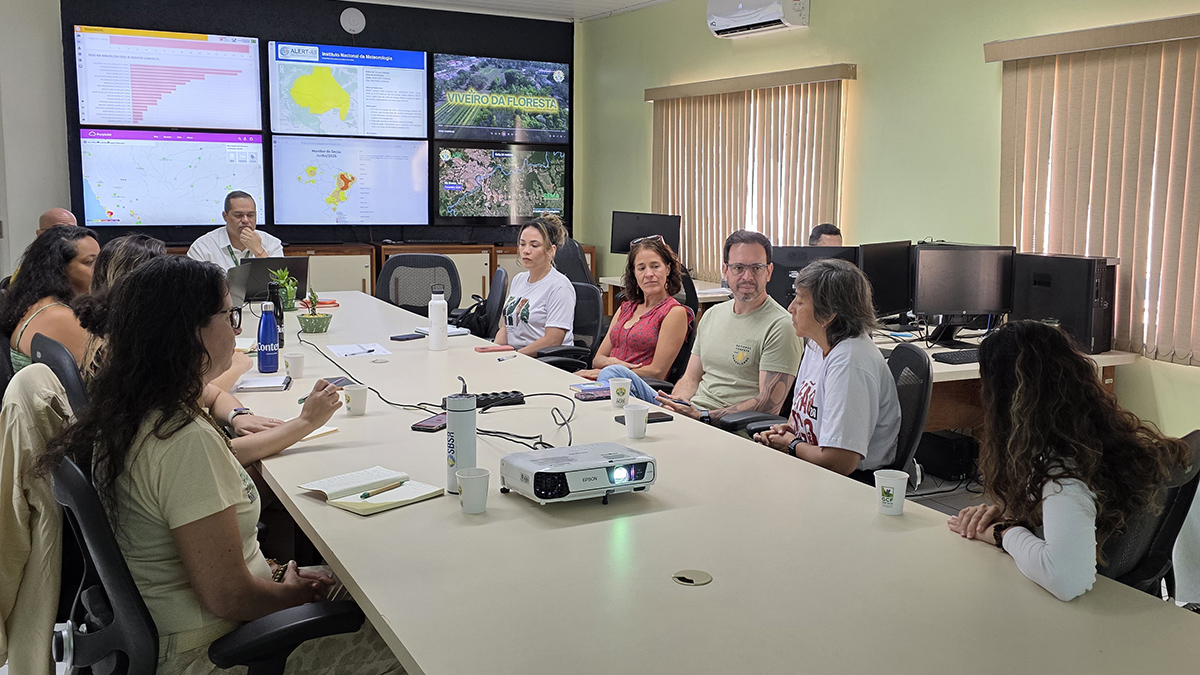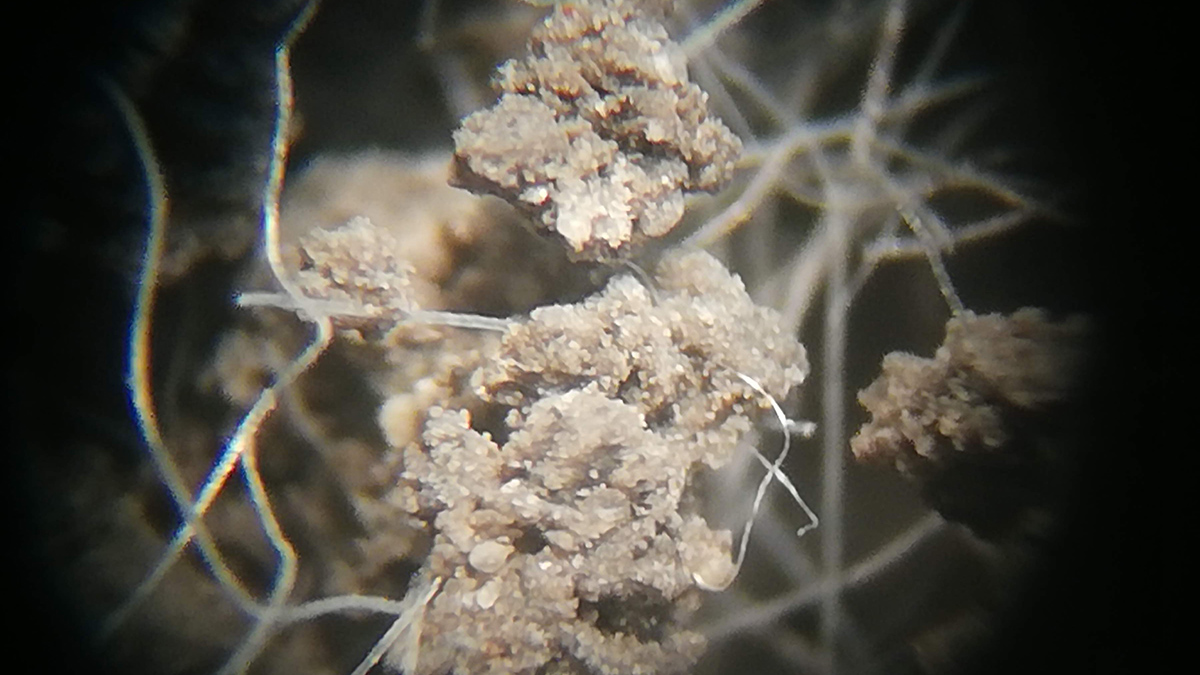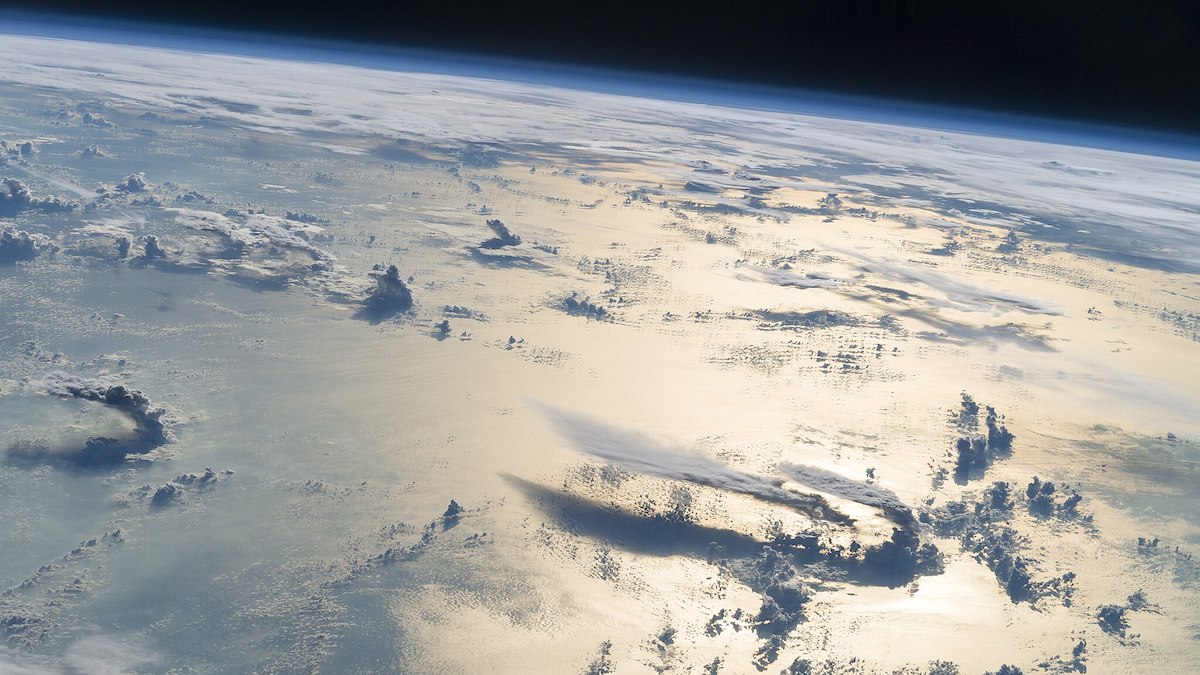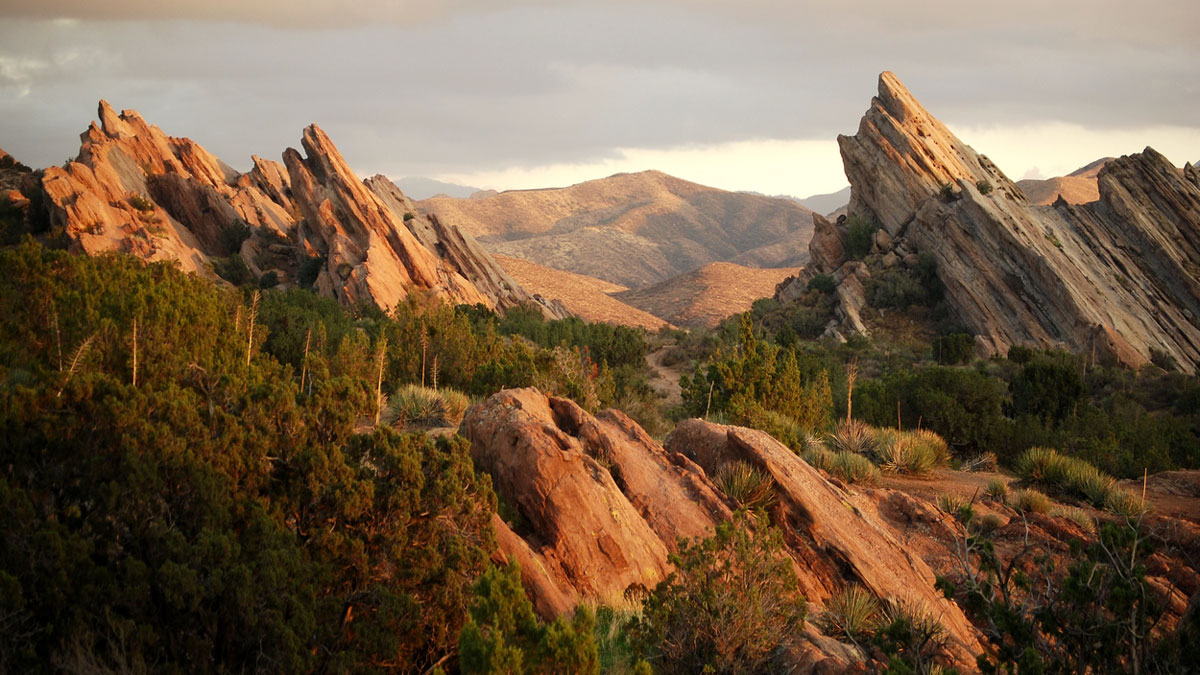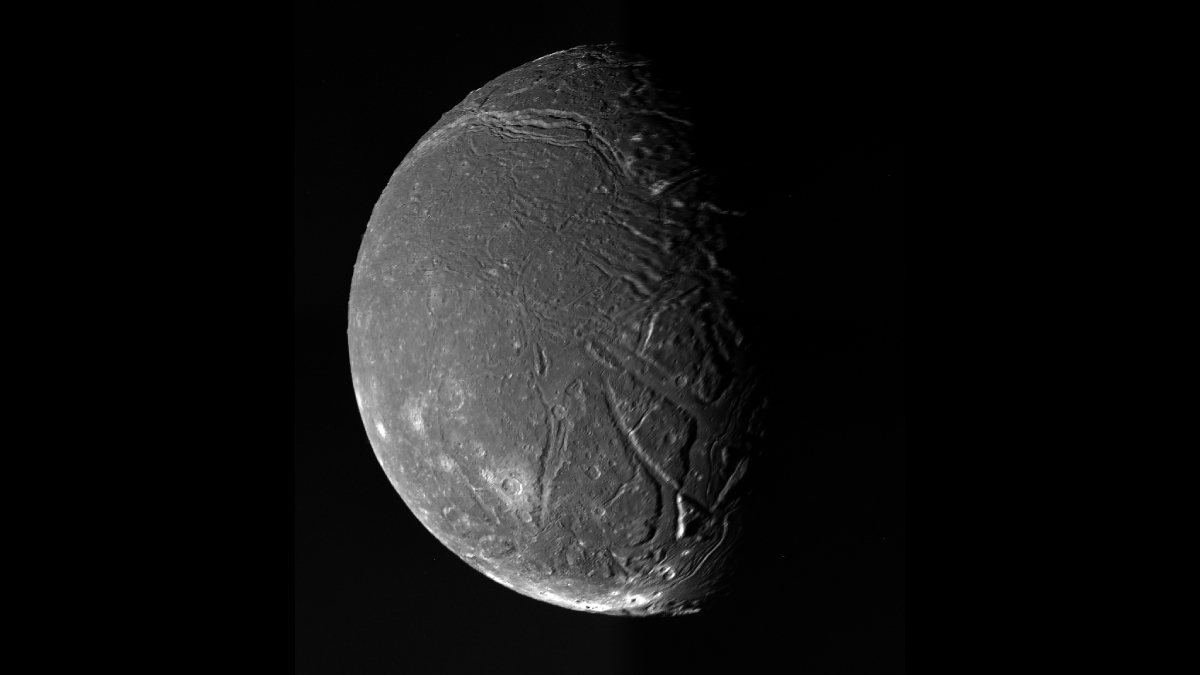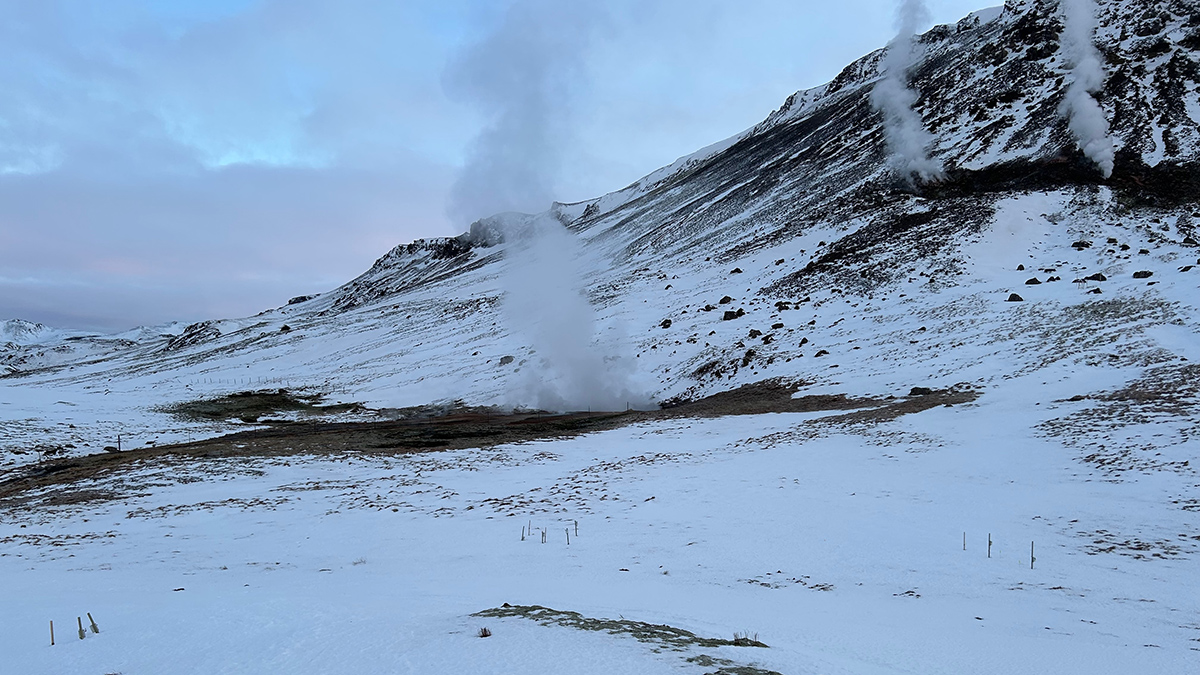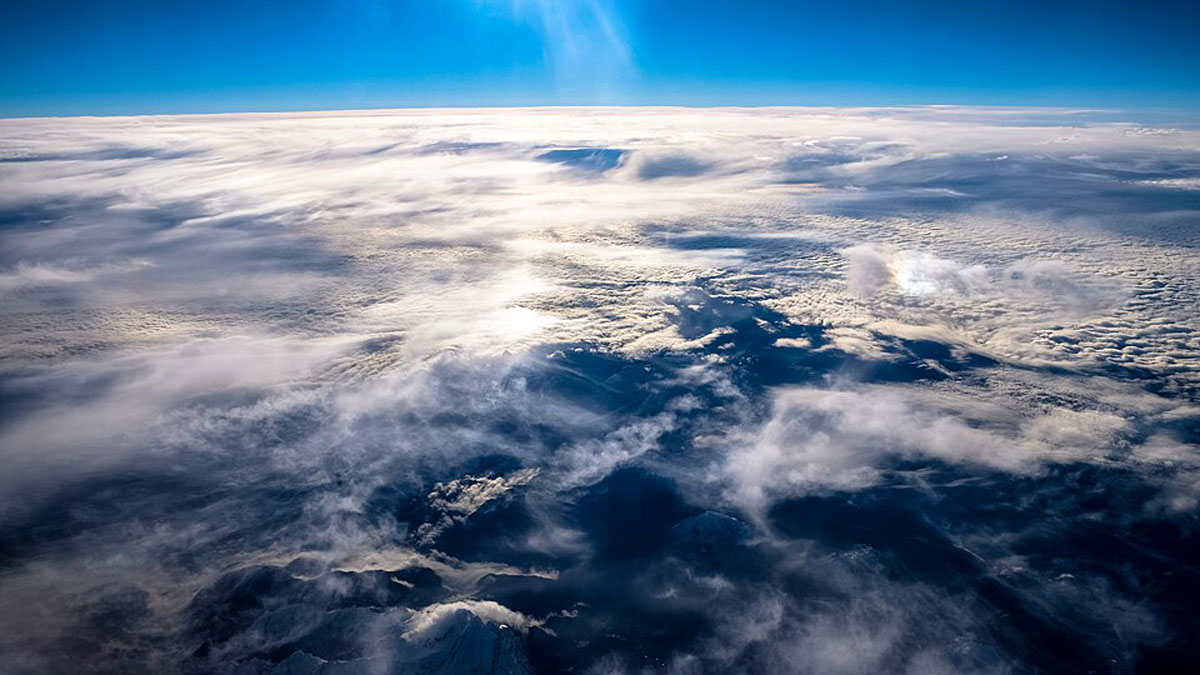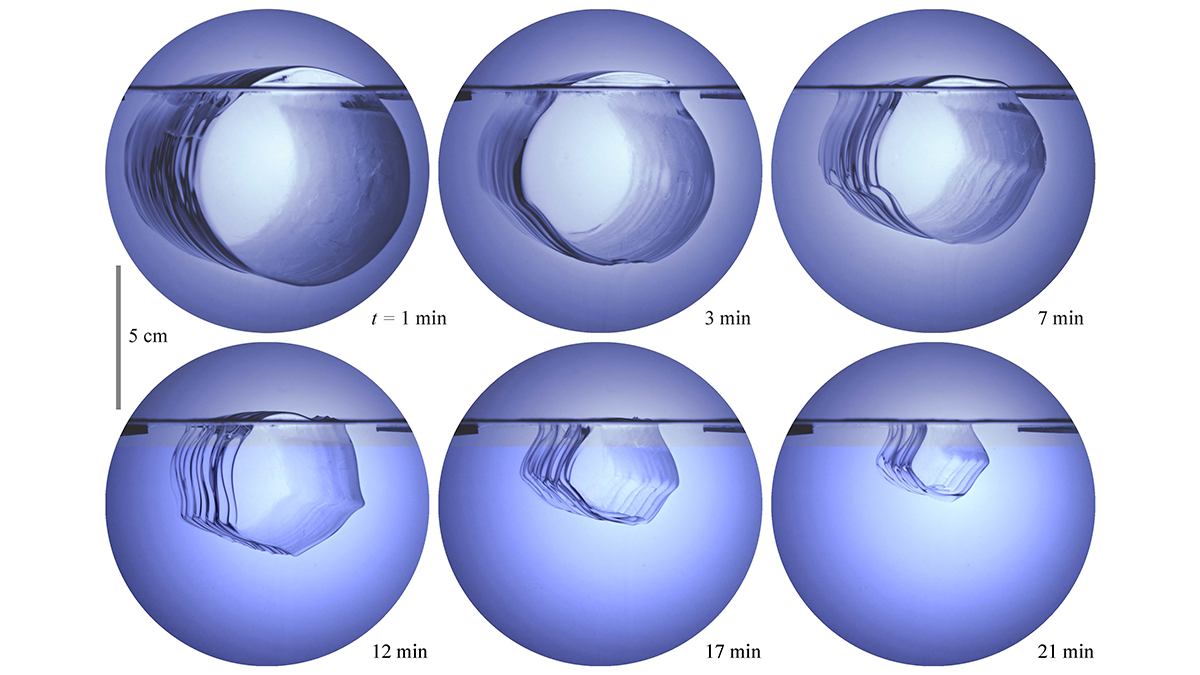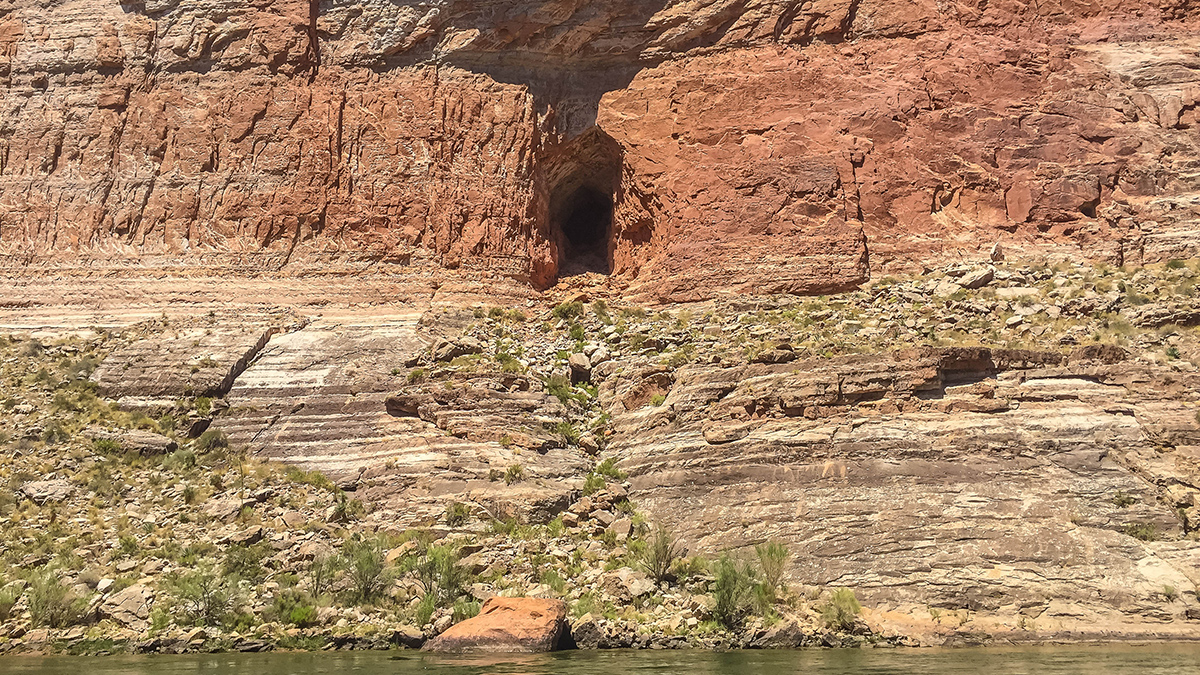The state of Acre counts on science to optimize its limited resources for monitoring and combating forest fires and environmental destruction.
News
Microplastics Have Widely Varying Effects on Soil
A new study finds that a microplastic concentration of just 0.4% alters the drainage of soil, which could affect the growth of crops and other plants.
Earth System Engineers Take Planetary Alterations to Extreme Scales
A new framework argues Earth scientists should employ the concept of ecosystem engineering across geologic time and space.
AI is Changing our Understanding of Earthquakes
Machine learning is expanding scientists’ catalogs of quakes and refining maps of underground faults. It also promises to improve quake forecasts.
Martian Dust Devils Reveal Dynamic Surface Winds
A new wind map covering the whole of Mars includes some of the fastest winds ever detected on the Red Planet.
Tiny Uranian Moon Likely Had a Massive Subsurface Ocean
Ariel’s tempestuous subsurface ocean may have once composed more than half its total volume.
A medida que el Ártico se calienta, los suelos pierden nutrientes clave
El cambio climático calienta tanto el aire y el océano, como el suelo, donde los procesos clave que determinan la fertilidad y la captura de carbono operan en un delicado equilibrio.
New Satellite Data Reveal a Shift in Earth’s Once-Balanced Energy System
The Northern Hemisphere is absorbing more sunlight than the Southern Hemisphere, and clouds can no longer keep the balance.
Melting Cylinders of Ice Reveal an Iceberg’s Tipping Point
New lab experiments on cylinders of pure ice shed light on how icebergs flip over as they melt, demonstrating the link between a warming ocean and small-scale events that can have rippling consequences.
An Asteroid Impact May Have Led to Flooding near the Grand Canyon
There’s remarkable synchronicity between the timing of a paleolake in what is today Grand Canyon National Park and the formation of nearby Barringer Meteorite Crater.

